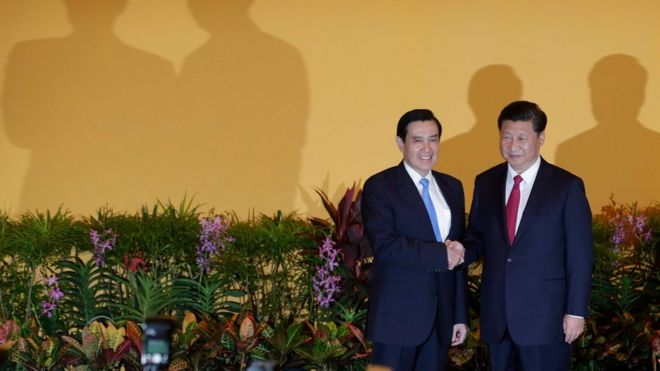By Brittani Howell
Impunity News Reporter, The Middle East
BAGHDAD, Iraq – According to Kurdish officials on Sunday, three more mass graves were found in the town of Sinjar, located in northern Iraq. Two mass graves were previously discovered two weeks ago in the area.

The graves were discovered after Kurdish forces, backed by airstrikes led by the United States, pushed Islamic State militants from the area. According to local officials, the number of uncovered bodies has risen to between 200 and 300. According to the head of security in Sinjar the three recent mass graves found contain 80 to 100 bodies. Proper excavation and identification may take months according to experts.
Kevin Sullivan, a spokesman for the International Commission on Missing Persons, stated, “The important thing is that the site is secure.” He continued, “The site needs to be controlled, for example, by police or under authority of a prosecutor and the bodies need to be exhumed in a systematic way with any identifying artifacts.”
Local residents are calling for a faster identification process as they are frustrated that their requests for experts from the Kurdish Regional Government have been ignored. In addition, many residents are also seeking assistance in rebuilding the town since much of the town has been devastated from ongoing airstrikes.
According to Qasim Samir, the director of intelligence for Sinjar, 78 elderly women’s bodies were found in one of the graves discovered two weeks ago, and 50 to 60 bodies of men, women, and children were found in the other. These graves had been discovered just days after the Islamic State had been forced out of Sinjar. The first grave was located near the center of Sinjar and the other was approximately ten miles from the outskirts of Sinjar.
The Islamic State had originally captured Sinjar in August 2014. The Islamic State had killed and enslaved thousands of the Yazidi religious minority. Thousands of others of the Yazidi faith fled into the mountains.
For more information, please see:
ABC News – Iraqis Find 3 More Mass Graves in Formerly IS-Held Sinjar – 29 November 2015
Associated Press – Iraqis Find 3 More Mass Graves in Formerly IS-Held Sinjar – 29 November 2015
The Los Angeles Times – Iraqis Find 3 More Mass Graves in Formerly ISIS-Held Sinjar – 29 November 2015
The New York Times – Iraqis Find 3 More Mass Graves in Formerly IS-Held Sinjar – 29 November 2015
The Washington Post – Iraqis Find 3 More Mass Graves in Formerly Islamic State-held Sinjar – 29 November 2015



